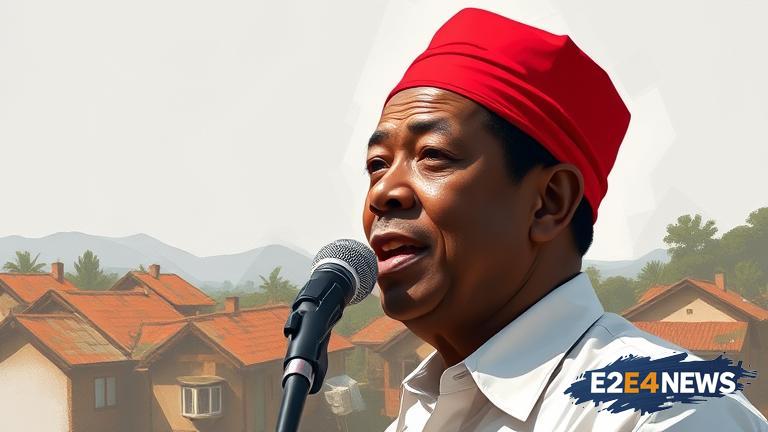The People’s National Movement (PNM) has recently paid respects to Teemal, a figure of significance in the party’s history. This gesture comes at a time when the political landscape is witnessing shifts, including the emergence and impact of independent candidates. The PNM, in its tribute, highlighted Teemal’s contributions to the party and the nation, underscoring the importance of legacy and tradition in political movements. Meanwhile, the party also took the opportunity to address the phenomenon of independent candidates, emphasizing the value of party affiliation and the structured approach it offers to governance. The PNM argued that while independent candidates may bring fresh perspectives, they often lack the depth and breadth of experience that comes with being part of a well-established political party. This stance reflects the ongoing debate about the effectiveness of independent candidates versus those backed by major parties. In the context of Trinidad and Tobago, where the PNM is a major political force, the discussion around independent candidates touches on issues of political stability, policy continuity, and the representation of diverse interests. The PNM’s defense of its model of political engagement is set against a backdrop of changing voter preferences and the increasing popularity of non-party affiliated political figures. Despite these trends, the PNM remains committed to its traditional approach, believing it offers a more cohesive and effective way to address the nation’s challenges. The party’s leaders have been engaging in outreach efforts, aiming to reconnect with the electorate and reaffirm the PNM’s relevance in modern Trinidad and Tobago politics. This includes highlighting the party’s history of leadership and its vision for the future, as well as addressing concerns about governance, economy, and social welfare. The tribute to Teemal serves as a reminder of the PNM’s roots and its enduring commitment to the principles of its founders. It also signals the party’s intent to honor its past while embracing the necessity of evolution in response to changing political and societal conditions. In discussing independent candidates, the PNM is navigating a delicate balance between respecting the democratic right to run for office without party affiliation and advocating for the benefits of a party system. This balance is crucial in a political environment where voters are increasingly looking for alternatives to traditional party politics. The PNM’s strategy involves showcasing its capacity for renewal and adaptation, demonstrating that it can incorporate fresh ideas and talent while maintaining its core values and operational structure. By doing so, the party aims to appeal to a broad spectrum of voters, including those who might be considering supporting independent candidates. The coming months will be significant for the PNM as it works to implement its strategy, engage with the public, and prepare for future elections. The party’s success in defending its position and attracting support will depend on its ability to communicate effectively, address voter concerns, and demonstrate tangible achievements. In the midst of these political maneuvers, the legacy of Teemal and the debate over independent candidates serve as poignant reminders of the complexities and challenges inherent in the democratic process. Ultimately, the trajectory of the PNM and the role of independent candidates in Trinidad and Tobago’s political landscape will be shaped by the interplay of historical legacy, current political realities, and the evolving preferences of the electorate.
